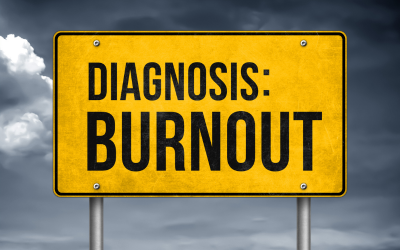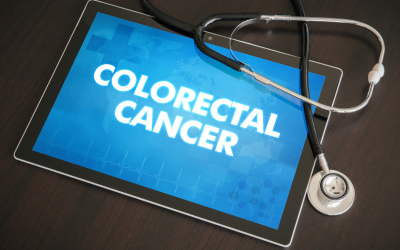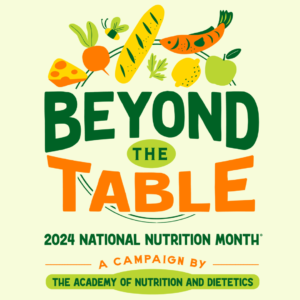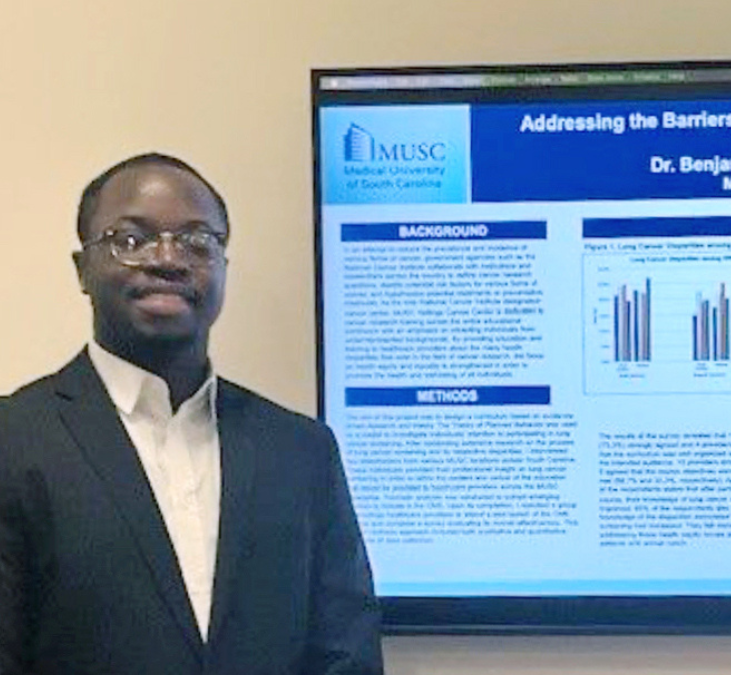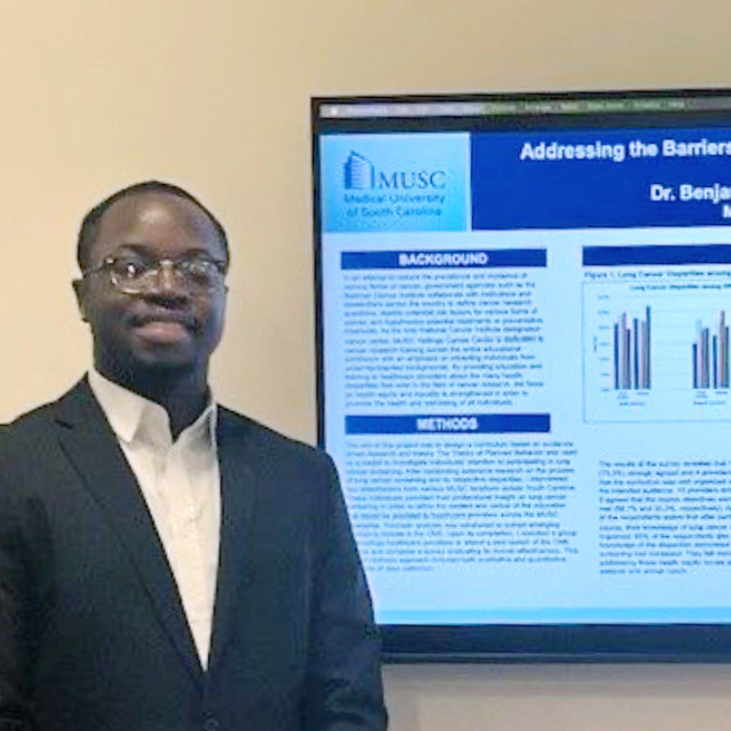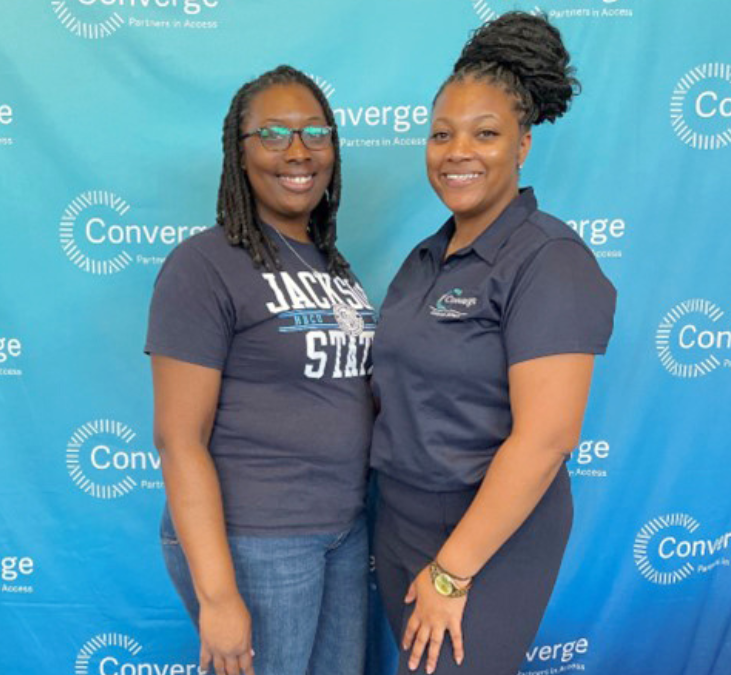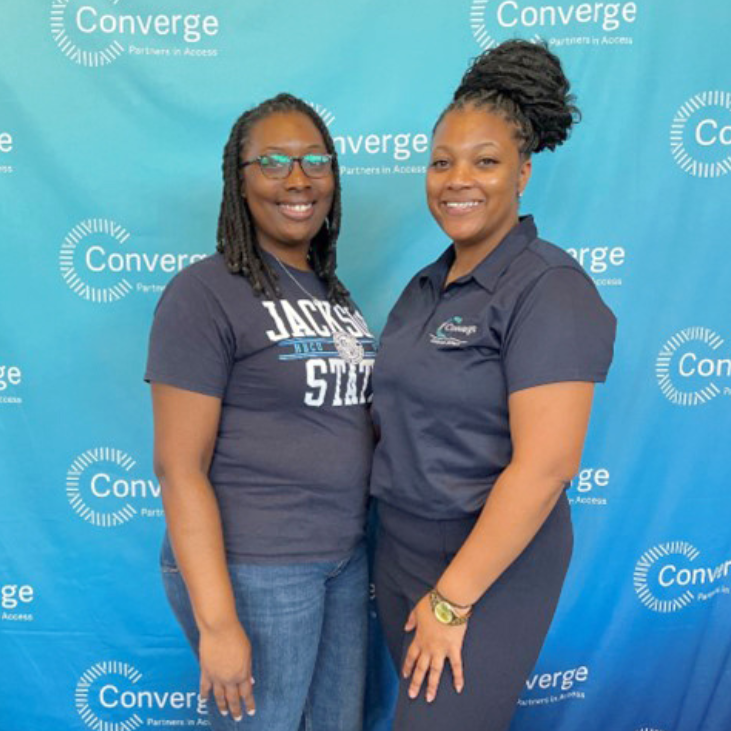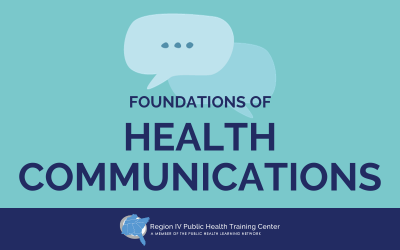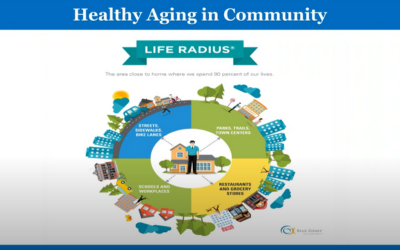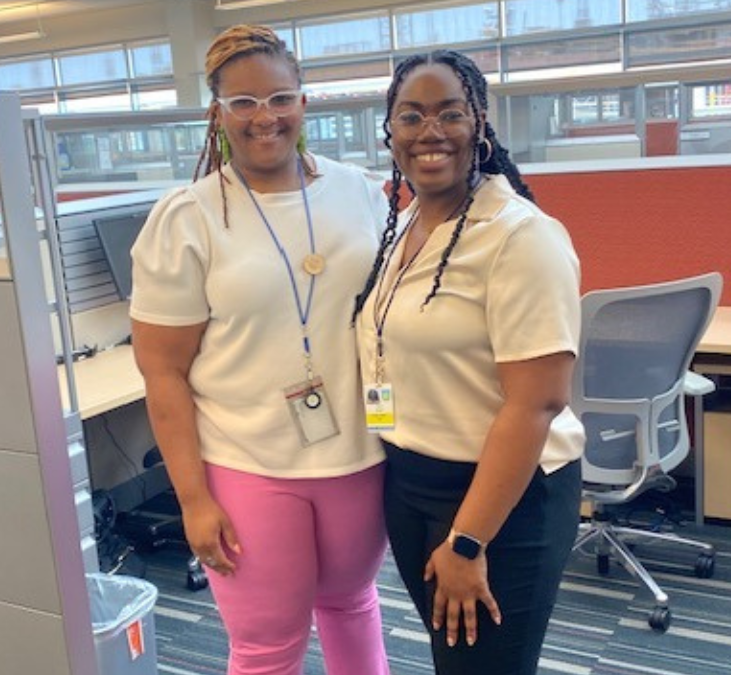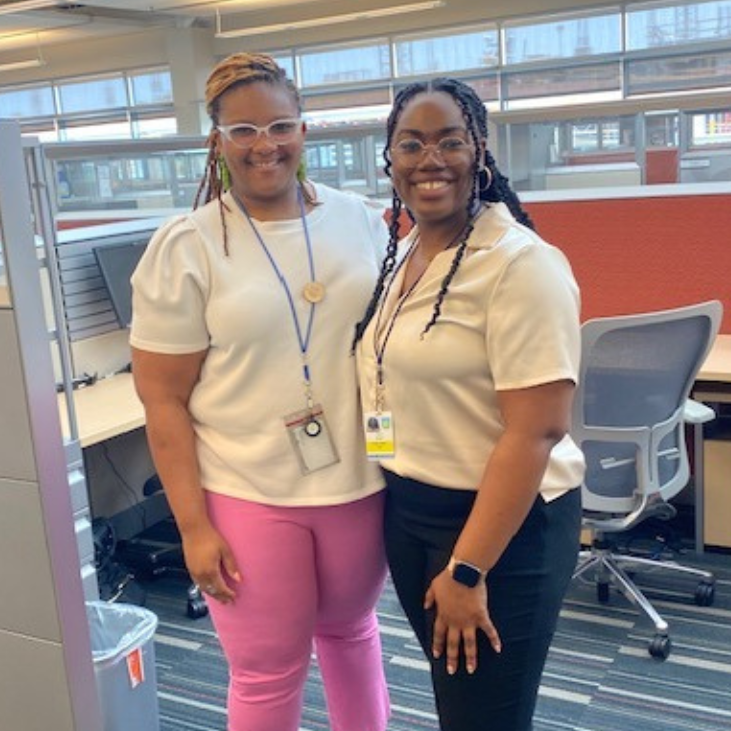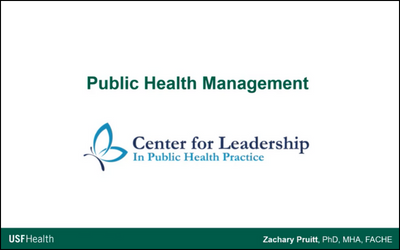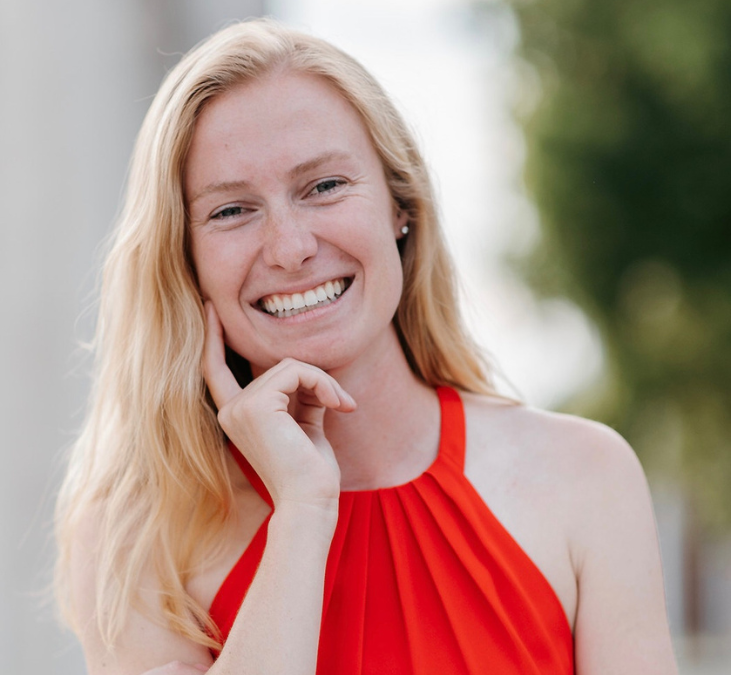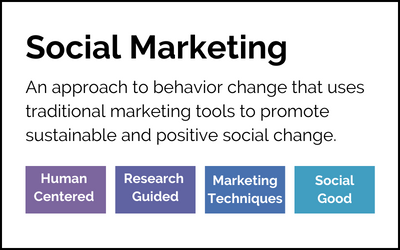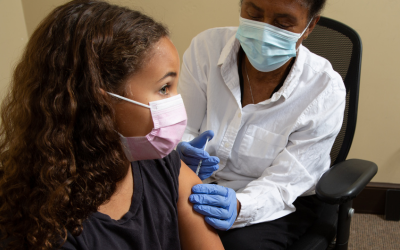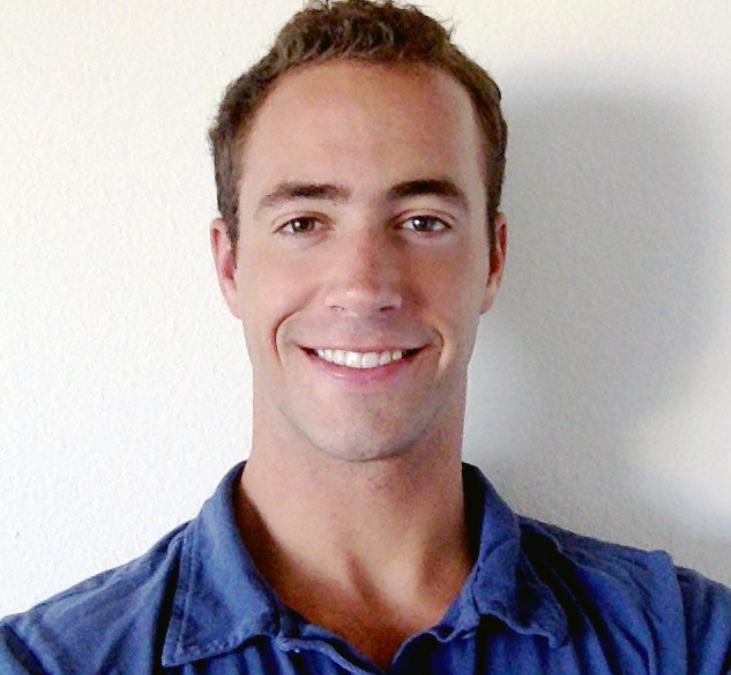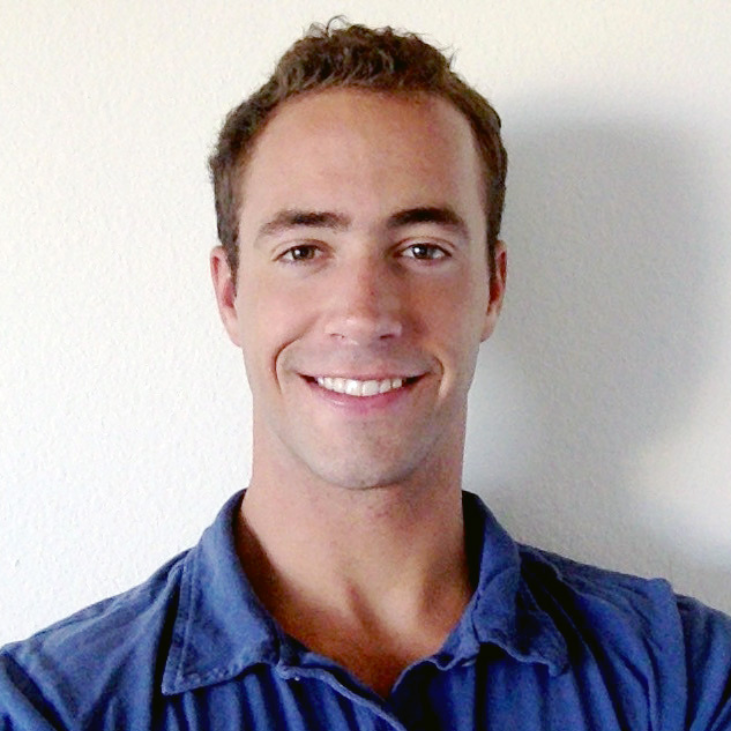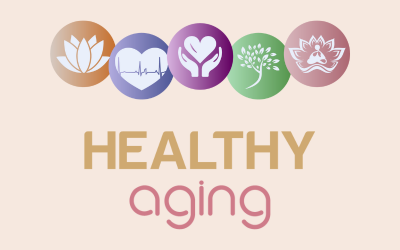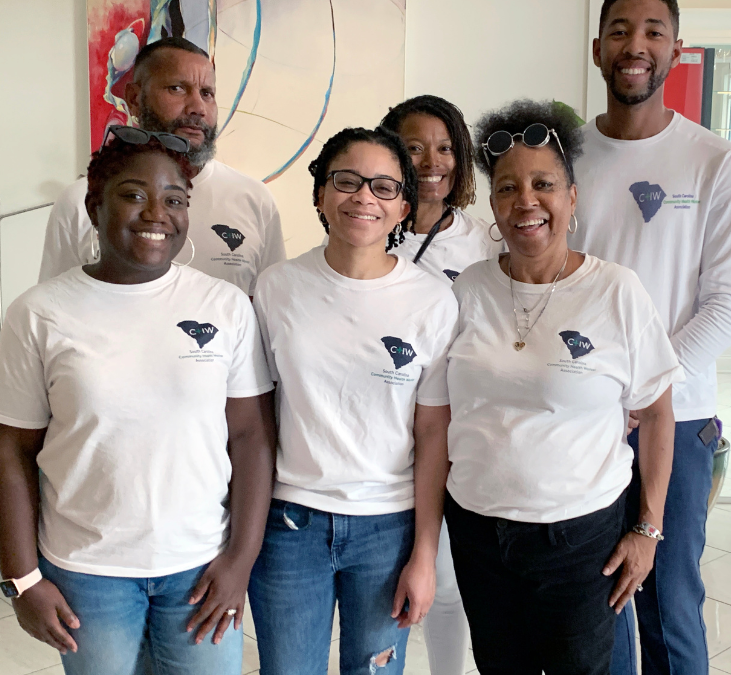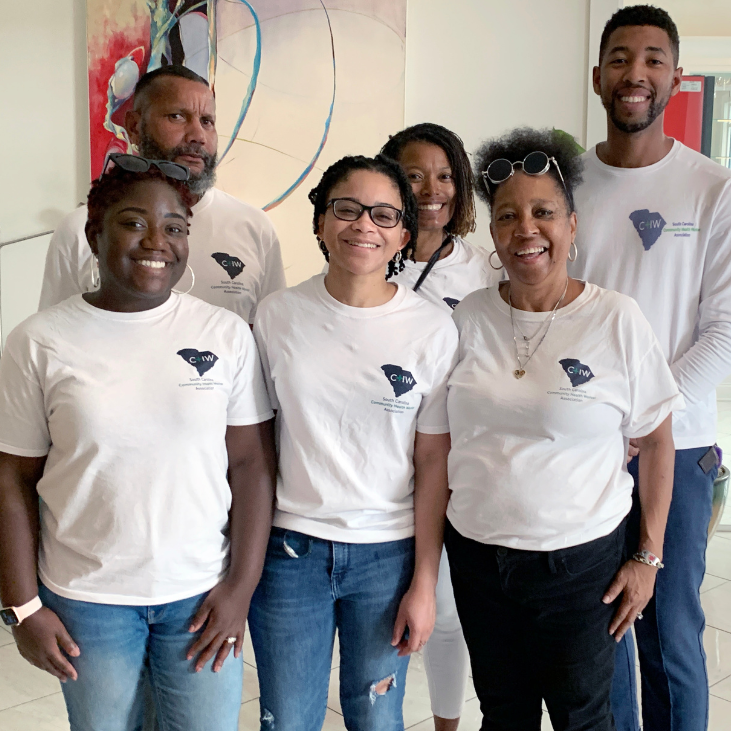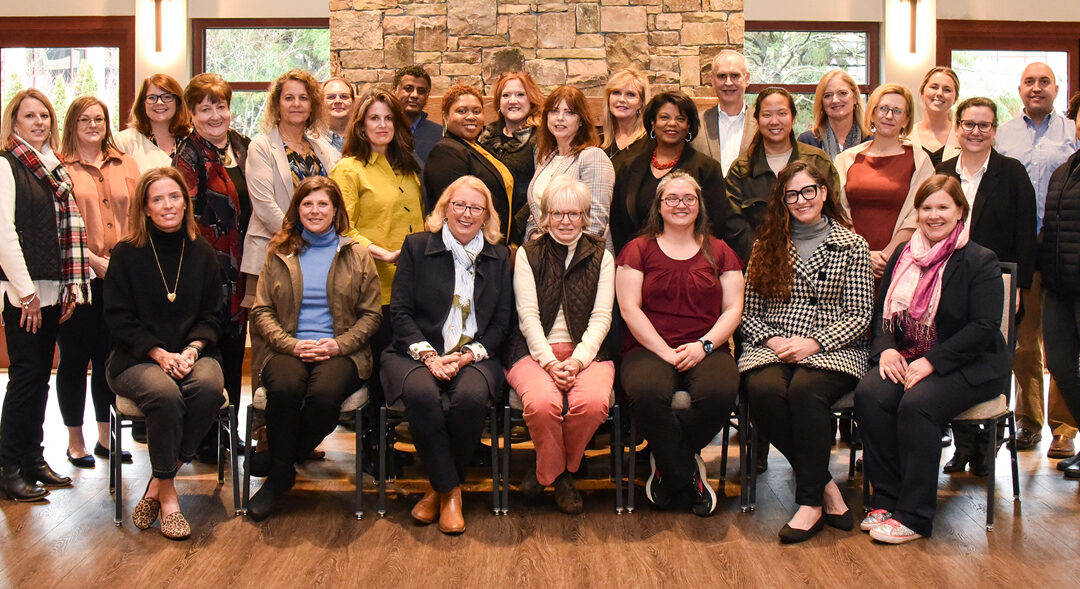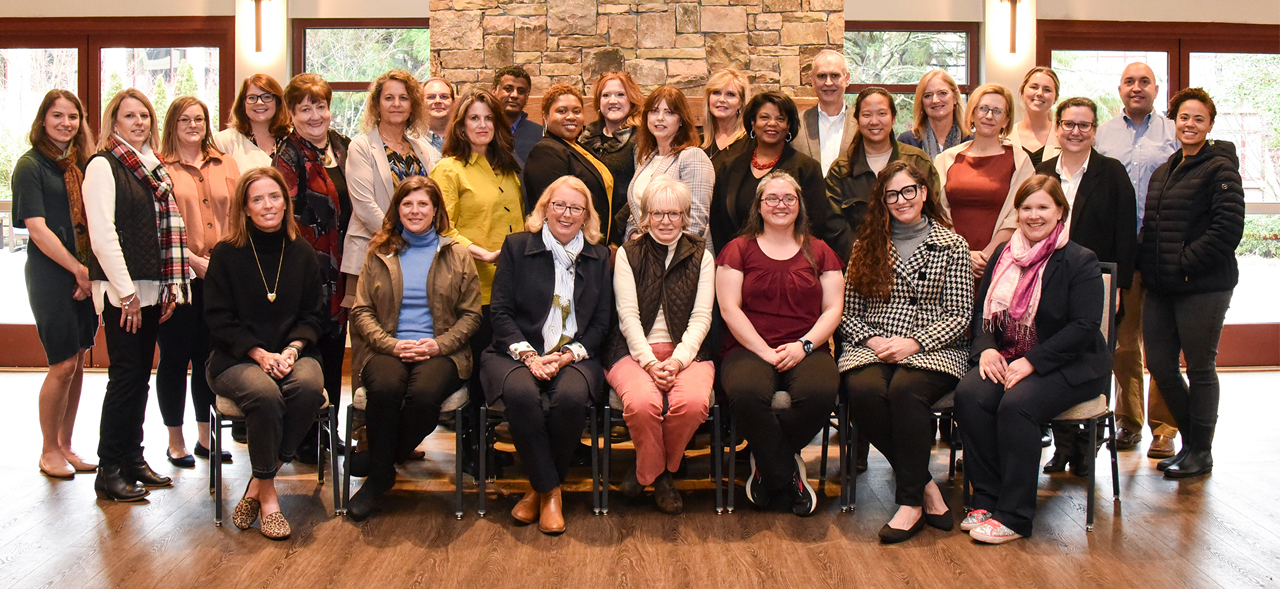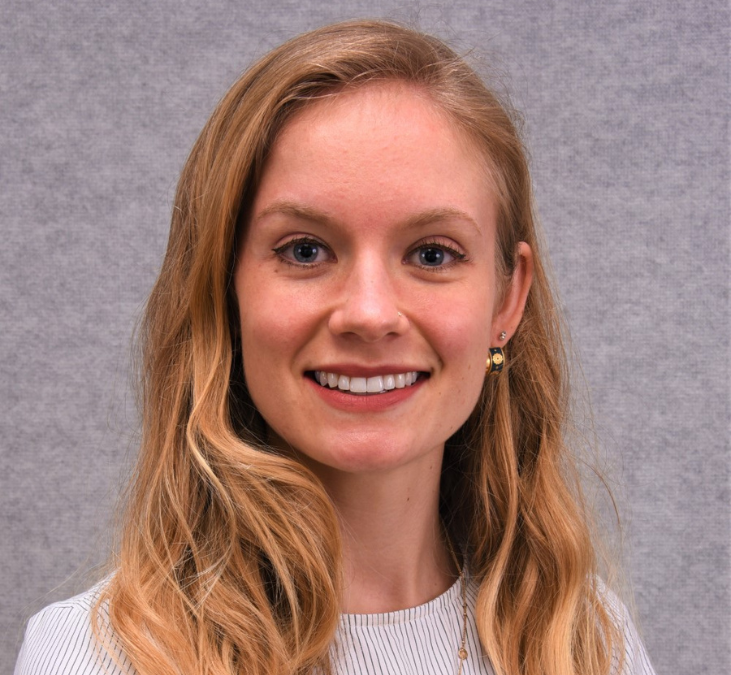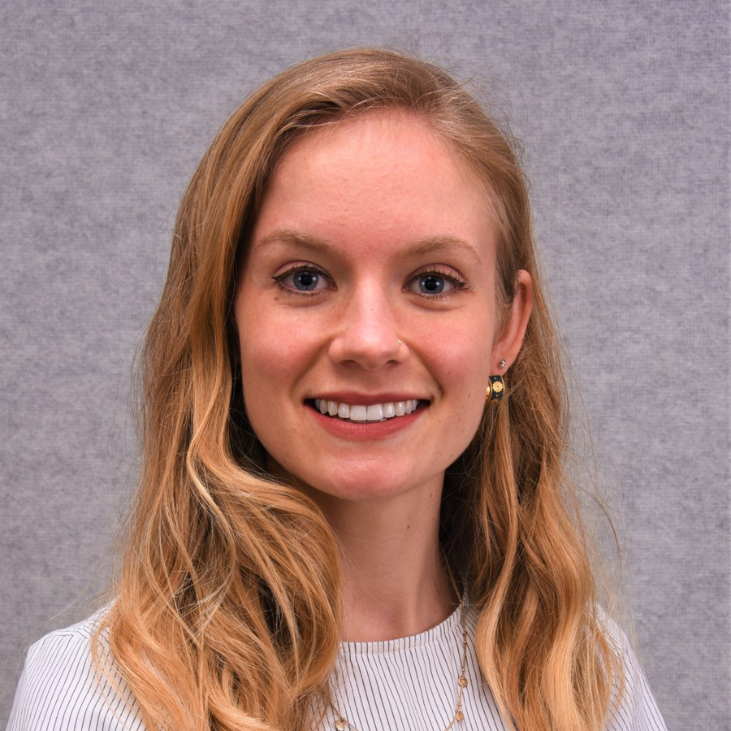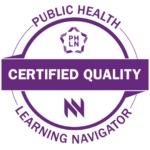
Mental Health Resources

The Region IV Public Health Training Center (PHTC) provides training for emerging public health leaders in the eight states that comprise HHS Region IV: Alabama, Florida, Georgia, Kentucky, Mississippi, North Carolina, South Carolina, and Tennessee.
This is a list of mental resources, trainings, resources, toolkits and webinars from the Region IV PHTC, the Public Health Training Center Network, and other organizations.
ARTICLES AND BOOKS
Articles
- 7 Solutions to Protect Public Health Workers from Burnout and Mental Health Issues (National Public Health Information Coalition)
- Resiliency Within the Workforce (Association of State and Territorial Health Officials (ASTHO))
Books
- Radical Candor (Author: Kim Scott)
FRAMEWORKS. TOOLKITS, PODCASTS AND CENTERS
FRAMEWORKS
- Burnout and Moral Injury Framework (PH Hero Workforce Resource Center, George Washington University)
TOOLKITS
- Self-Care Toolkit for Mental Health Professionals (National Hispanic and Latino Mental Health Technology Transfer Center (MHTTC) Network)
- Joy in Work Toolkit (National Association of County and City Health Officials (NACCHO))
PODCASTS
- Redefining Rest for Public Health Professionals (Marissa McKool, MPH)
CENTERS
- PH-Hero Workforce Resource Center (Association of State and Territorial Health Officials (ASTHO))
SELF-PACED TRAININGS
- Understanding and Preventing Burnout Among Public Health Workers: Guidance for Public Health Leaders (Centers for Disease Control and Prevention, The National Institute for Occupational Safety and Health (NIOSH))
- Psychological Wellbeing for Health and Care Workers (Xerte Online Toolkits)
- Towards a Healthy Workplace Culture: Management Strategies and Tools (Western Region Public Health Training Center)
- Creating a Health and Fair Workplace Culture (Western Regional Public Health Training Center)
- Building a Culture of Resilience (Association of State and Territorial Health Officials (ASTHO))
VIRTUAL MEETINGS
- 2024, Take a Break: Social Support for the Public Health Workforce – Monthy Meetings (Mid-Atlantic Public Health Training Center)
WEBINARS
- Who’s Got Your Back? Psychological Awareness and Team Support (American College of Emergency Physicians)
- Self-Care in Healthcare (Region IV Public Health Training Center)
- Supporting the Wellbeing of Mental Health (Veterans Health Administration – Institute for Learning, Education and Development)
- “Upstream Approaches” to Build Resiliency: Organizational and Leadership Strategies (National Association of County and City Health Officials (NACCHO))
- Finding HOPE Through Crisis: Managing Stress and Supporting Optimism (National Association of County and City Health Officials (NACCHO))
- Flourishing Through Adversity: How Can Stress and Emotional Experiences Make Us Resilient and Avoid Burnout (Region 2 Public Health Training Center)
- Healer, Heal Thyself: Tools for Wellness and Self-Care During the COVID-19 Pandemic (Region IV Public Health Training Center)
- Ready for Resilience: Supporting the Workforce (Public Health Learning Navigator)
- Provider Strategies for Coping with Burnout and Secondary Traumatic Stress (Veterans Administration)
- The Community Resiliency Model (CRM) as a Self-Care Practice (Emory Mental Health Technology Transfer Center (MHTTC) Network)
- Building Workforce Resilience Through the Practice of Psychological First Aid: A Course for Leaders and Teams ((National Association of County and City Health Officials (NACCHO))
- Dealing with Stress and Burnout in the Digital Age (Association of State and Territorial Health Officials (ASTHO))
- Project Management for Public Health Professionals Webinar Series (Mid-Atlantic Public Health Training Center) *Series is free, but requires creation of a login.
- Mental Health and the Public Health Workforce (Northwest Center for Public Health Practice)
- Organizational Resilience and Making Meaning: During COVID-19 and Beyond (National Association of County and City Health Officials (NACCHO))





